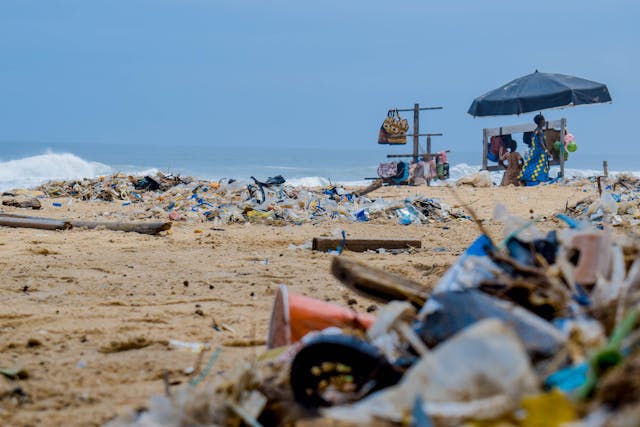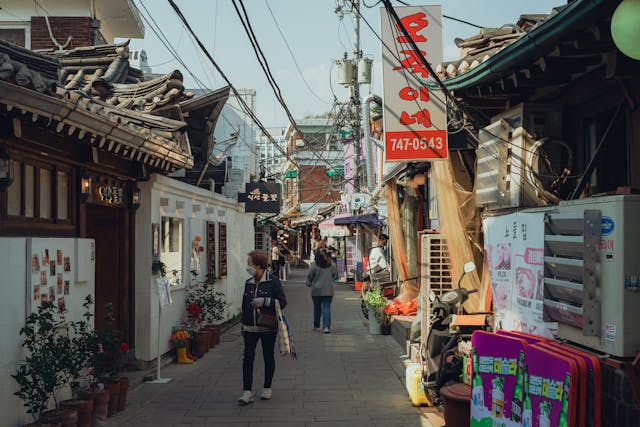Dubai, a city in the United Arab Emirates, has been working to promote sustainable and responsible tourism in recent years. The city has recognized the importance of sustainable tourism as a means of preserving its natural and cultural resources while providing visitors with a unique and enjoyable experience. One of the initiatives taken by Dubai to promote sustainable tourism is the Dubai Sustainable Tourism (DST) initiative. Launched in 2016, DST aims to make Dubai a leading sustainable tourism destination by promoting sustainable practices among tourism stakeholders and enhancing the visitor experience through sustainable initiatives.

DST has set several targets for the tourism industry in Dubai, including reducing carbon emissions from tourism-related activities, reducing water and energy consumption, and promoting eco-friendly transportation. The initiative also focuses on promoting local cultural and heritage sites and encouraging visitors to engage in responsible tourism practices, such as reducing waste and supporting local businesses.
Dubai has also implemented several eco-friendly measures in its tourism industry, such as green buildings, eco-friendly transportation, and waste reduction programs. For example, many hotels in Dubai have implemented energy-efficient lighting and air conditioning systems, water-saving fixtures, and waste management practices.
In addition to the DST initiative, Dubai has also introduced several sustainable tourism attractions, such as the Dubai Miracle Garden, which is the world’s largest flower garden, and the Dubai Solar Park, which is the largest solar park in the world. These attractions not only promote sustainable tourism but also showcase Dubai’s commitment to environmental sustainability.
Overall, Dubai is working towards becoming a leading sustainable tourism destination by promoting sustainable practices among tourism stakeholders, implementing eco-friendly measures, and introducing sustainable tourism attractions. By doing so, Dubai aims to preserve its natural and cultural resources while providing visitors with a unique and enjoyable experience.
Also read:
How BHUTAN became World’s FIRST Carbon Negative Country?
Indian Ranks Highest Among G20 Nations in Climate Change Performance Index





